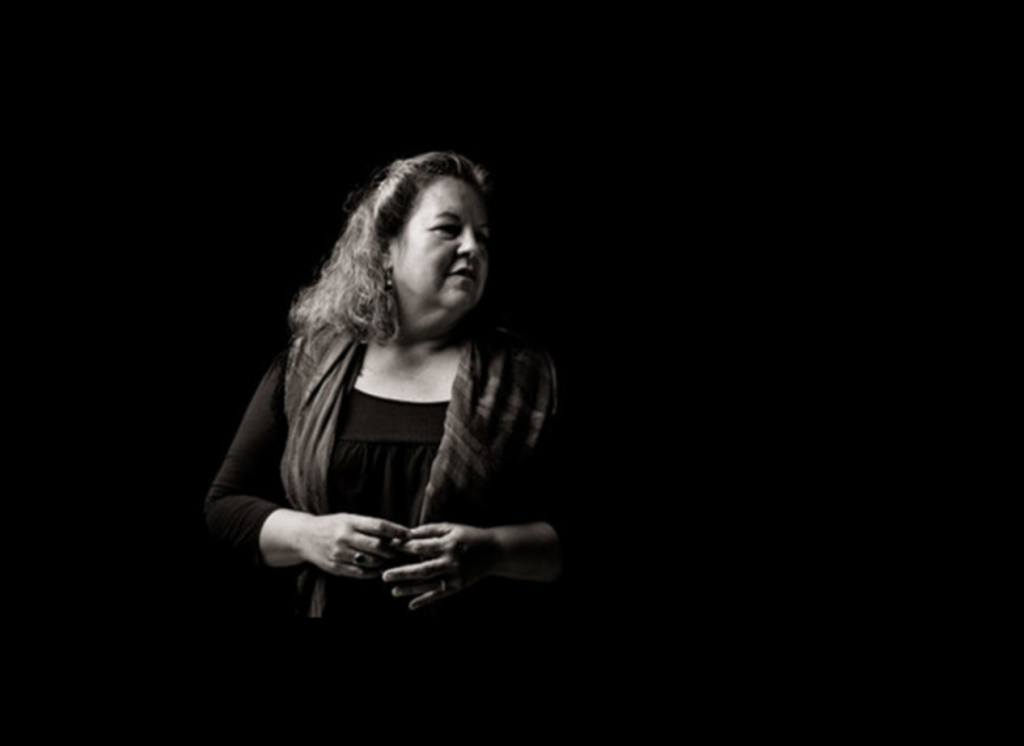Animacy, resiliency, reciprocity: Robin Wall Kimmerer

Robin Wall Kimmerer is a biologist, a writer, and a member of the Potawatomi nation. Her essay collection, “Braiding Sweetgrass,” weaves scientific knowledge and indigenous wisdom into a deeper understanding of the nature of life.
This is a transcript of Kimmerer talking about how the Potawatomi language has changed her worldview.
“These words capture the world view that we have been talking about of the personhood of other beings. One of the words that really captivated me for the longest time was a word popoe…you know what it means? It means the force which causes mushrooms to push up out of the earth overnight.
When I learned that word it reignited from me the longing for that lost language. If there was people, if there was a thought system that contained a word for the life force of mushrooms, I wanted to learn it. And one of the things that has made my very rudimentary attempts at learning Potawatomi both beautiful and really challenging is the grammar. It contains what I would call the grammar of animacy.
One of the best ways perhaps to see what it is is to say at first what our native language English is not. You know how in English we refer to each other as persons, but if we referred to that maple tree outside our windows, we would have to refer to it in English as it. In English you’re either human, or you’re an object. But in Potawatomi this grammar of animacy means that we have the linguistic structure to speak of the living world as if it were alive, as if it was a person, as if it were our family- because in our way of thinking, it is.
And isn’t that it’s so interesting that in English that has supported this- let’s be honest- in many cases a pretty exploitive way thinking about the Earth, as if it was just stuff, as if it was just a commodity- well that’s what our language let’s us do. It only lets us speak of water as if it was it, not as if it was a who.
In the romance languages, they do have these cases for gendering, we’ll say he or she- but in Potawatomi ways of speaking and thinking of the world there is something for which there is no equivalent really in English, and that is the animate being who’s not a human. One of the things that really differentiates them, particularly in this idea that a worldview is embedded in the language, is that English is- I forget the percentages- but it’s a neighborhood of of sixty to seventy percent of the words in English are nouns. That fraction is reversed in Potawatomi and Ojibwe, that they’re verbs. So it conveys a world in motion, a world of animacy. Again, the things that we would say in English are a noun, like stream, that’s a noun right? Well, no it’s a verb in Pottawatomi- to be a stream- because the water is alive it conveys that notion that the world is alive amd dynamic and always changing, and so a stream is not a static thing. It’s a way of being, and so this struggle in converting your whole lens of looking at language from a noun-based to a verb-based language, really captures that world view of of an animate universe.
I find hope in actually looking at many of those damaged places, which in fact show incredible resilience. Life wants to continue. And when we look at all the damage we’ve inflicted, it’s easy to think that the earth has been broken, that the land is broken, but it’s our relationship with land that’s broken, and we have the power to change that. We can choose to consume with honor from the earth, we can choose to consume less, we can choose to to understand the world as as gift, and respond accordingly. There are so many messages out there that make us feel like we’re powerless. But each of us can can choose the pathway of honorable consumption, of living with gratitude and reciprocity, and thereby create a transformative movement.“
“I think that’s what we need. Not more policy, not more data, not more money, but a change of heart.”
Robin Wall Kimmerer